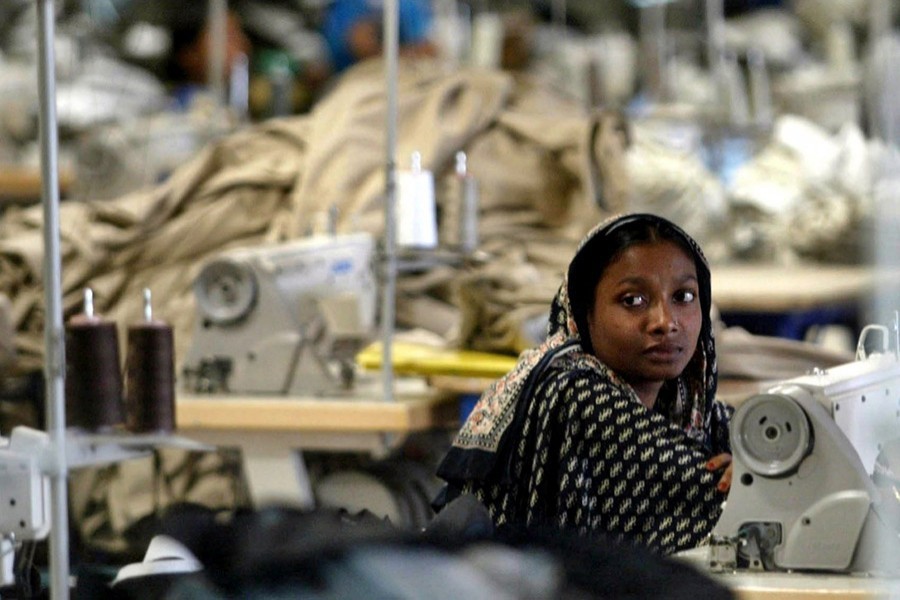The latest fuel price hike will push up the overall cost of doing business, thus affecting the competitiveness of the local textile and apparel industry in the global market.
According to market operators, price enhancement will not only increase production costs of the diesel-run power generation, but also the overall transport costs significantly.
The hike comes at a time when the sector has started reviving with bagging huge work orders. The fuel price hike also coincides with the rise in prices of raw materials like cotton and yarn, and freight charge.
On Wednesday, the government raised the prices of diesel and kerosene at retail level by Tk 15 per litre.
When asked, Bangladesh Garment Manufacturers and Exporters Association (BGMEA) vice-president Mohammad Shahidullah Azim said the cost of doing business would be higher as many factories are running on diesel-run generators.
The cost of transportation to and from factory to port in order to bring imported goods and exportable finished garment items would also go up significantly, he added.
"We might not make timely shipment…," Mr Azim remarked, adding that Bangladesh is already in a disadvantageous position due to its long lead time.
The industry already faces difficulties with increased production costs for 200-300-per cent rise in freight charges and price hike of raw materials, especially yarn, followed by higher global cotton rate, he says.
Exporters fear that the flow of orders may not bring good results as they will face additional liabilities for any failure to ship timely braving all the odds.
Echoing the BGMEA leader's opinion, Bangladesh Knitwear Manufacturers and Exporters Association executive president Mohammad Hatem says knitting and dying of the local knitwear sub-sector run on diesel.
"All these will deal the industry a blow and we'll lose our competitiveness in the global market," he apprehends.
The industry has started reviving as more and more work orders are coming in for external factors like electricity crisis in China, Covid-led factory closure in Vietnam and India, and the Myanmar issues.
"We will also fail to grab the potential," Mr Hatem mentioned.
Bangladesh Textile Mills Association president Mohammad Ali Khokon says local textile mills use diesel for generators and the price hike will affect their business for increased production costs.


